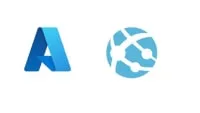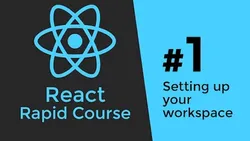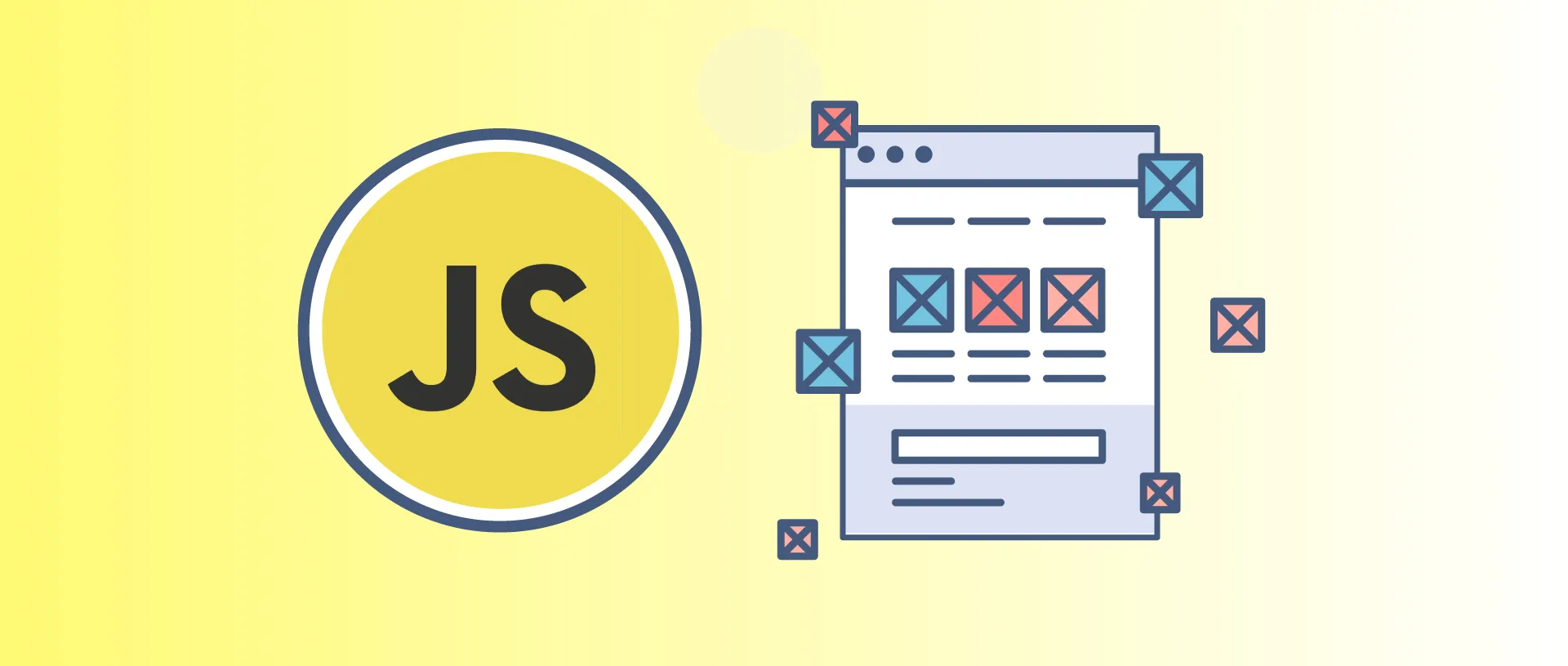
Azure Basics Part4 (App Service ) 
This tutorial provides an overview of Azure App Service, a cloud-based platform for hosting web applications, mobile back ends, and RESTful APIs. Learn how to use App Service to quickly build, deploy, and scale applications. ▼
ADVERTISEMENT
Course Feature
![]() Cost:
Cost:
Free
![]() Provider:
Provider:
Udemy
![]() Certificate:
Certificate:
No Information
![]() Language:
Language:
English
Course Overview
❗The content presented here is sourced directly from Udemy platform. For comprehensive course details, including enrollment information, simply click on the 'Go to class' link on our website.
Updated in [March 06th, 2023]
This course, Azure Basics Part 4, provides an overview of Azure App Engine and how to create an application using it. Participants will learn the basics of Azure App Engine, including how to create and deploy an application. Additionally, participants will gain an understanding of the various features and capabilities of Azure App Engine. By the end of the course, participants will have a better understanding of how to use Azure App Engine to create and deploy applications.
[Applications]
After completing this course, learners can apply their knowledge of Azure App Service to create and deploy applications on the cloud. They can also use the App Service to manage and scale their applications, as well as integrate with other Azure services. Additionally, learners can use the App Service to monitor and troubleshoot their applications.
[Career Paths]
1. Cloud Engineer: Cloud Engineers are responsible for designing, deploying, and managing cloud-based applications and services. They must have a deep understanding of cloud computing technologies, such as Azure, and be able to develop and maintain cloud-based solutions. Cloud Engineers must also be able to troubleshoot and resolve any issues that arise with cloud-based applications. The demand for Cloud Engineers is growing rapidly as more organizations move to the cloud, and the role is expected to continue to evolve as cloud technology advances.
2. DevOps Engineer: DevOps Engineers are responsible for automating the development, deployment, and management of applications and services. They must have a deep understanding of cloud computing technologies, such as Azure, and be able to develop and maintain cloud-based solutions. DevOps Engineers must also be able to troubleshoot and resolve any issues that arise with cloud-based applications. The demand for DevOps Engineers is growing rapidly as more organizations move to the cloud, and the role is expected to continue to evolve as cloud technology advances.
3. Data Scientist: Data Scientists are responsible for analyzing large amounts of data and extracting insights from it. They must have a deep understanding of cloud computing technologies, such as Azure, and be able to develop and maintain cloud-based solutions. Data Scientists must also be able to troubleshoot and resolve any issues that arise with cloud-based applications. The demand for Data Scientists is growing rapidly as more organizations move to the cloud, and the role is expected to continue to evolve as cloud technology advances.
4. AI Engineer: AI Engineers are responsible for developing and deploying AI-based applications and services. They must have a deep understanding of cloud computing technologies, such as Azure, and be able to develop and maintain cloud-based solutions. AI Engineers must also be able to troubleshoot and resolve any issues that arise with cloud-based applications. The demand for AI Engineers is growing rapidly as more organizations move to the cloud, and the role is expected to continue to evolve as cloud technology advances.
[Education Paths]
1. Bachelor of Science in Computer Science: This degree path provides students with a comprehensive understanding of computer science fundamentals, including programming, software engineering, and computer architecture. Students will also learn about the latest technologies and trends in the field, such as cloud computing, artificial intelligence, and machine learning.
2. Bachelor of Science in Information Technology: This degree path focuses on the application of technology to solve business problems. Students will learn about the design, development, and implementation of information systems, as well as the management of data and networks. They will also gain an understanding of the latest trends in the field, such as cloud computing, big data, and cybersecurity.
3. Master of Science in Cloud Computing: This degree path provides students with an in-depth understanding of cloud computing technologies and their applications. Students will learn about the design, development, and deployment of cloud-based applications, as well as the management of cloud infrastructure. They will also gain an understanding of the latest trends in the field, such as serverless computing, containerization, and DevOps.
4. Master of Science in Artificial Intelligence: This degree path provides students with an in-depth understanding of artificial intelligence and its applications. Students will learn about the design, development, and deployment of AI-based applications, as well as the management of AI systems. They will also gain an understanding of the latest trends in the field, such as deep learning, natural language processing, and computer vision.
Course Syllabus
Create a Static Website using App Service
App Service
Create a Application using Container
App service using CI/CD
Add Authentiction to App Services
Restrict IP Access
App Service Plan
Add Custom Domain
Connect your App Service to a Vnet
Create a Stage Environment
Alerts and Metrics
Pros & Cons

Good

Simple

Interesting

Free.

No description links.
Course Provider

Provider Udemy's Stats at AZClass
Azure Basics Part4 (App Service) provides an overview of Azure App Service, a cloud-based platform for hosting web applications, mobile backends, and RESTful APIs. Application Services provides learners with the opportunity to explore the world of cloud computing and develop their skills in creating and managing applications on the Azure platform. Learners will understand the fundamentals of application services, including how to create and deploy applications, configure settings, and manage resources. Additionally, learners will learn how to create and deploy applications using Azure App Engine, and how to manage resources using Azure App Engine.
Discussion and Reviews
0.0 (Based on 0 reviews)
Explore Similar Online Courses

React JS Tutorials

Learn Object-Oriented Programming in JavaScript

Python for Informatics: Exploring Information

Social Network Analysis

Introduction to Systematic Review and Meta-Analysis

The Analytics Edge

DCO042 - Python For Informatics

Causal Diagrams: Draw Your Assumptions Before Your Conclusions

Whole genome sequencing of bacterial genomes - tools and applications

Microsoft Azure Online Data Engineering Training

Cloud Developer using Microsoft Azure

Microsoft Azure Certification
 Related Categories
Related Categories
 Popular Providers
Popular Providers
Quiz
 Submitted Sucessfully
Submitted Sucessfully
1. What is the purpose of Azure App Engine?
2. What is the first step to create an application using Azure App Engine?
3. What is Azure App Engine?
4. What is Azure App Service?
Correct Answer: It is a platform as a service (PaaS) offering from Microsoft Azure.


Start your review of Azure Basics Part4 (App Service )